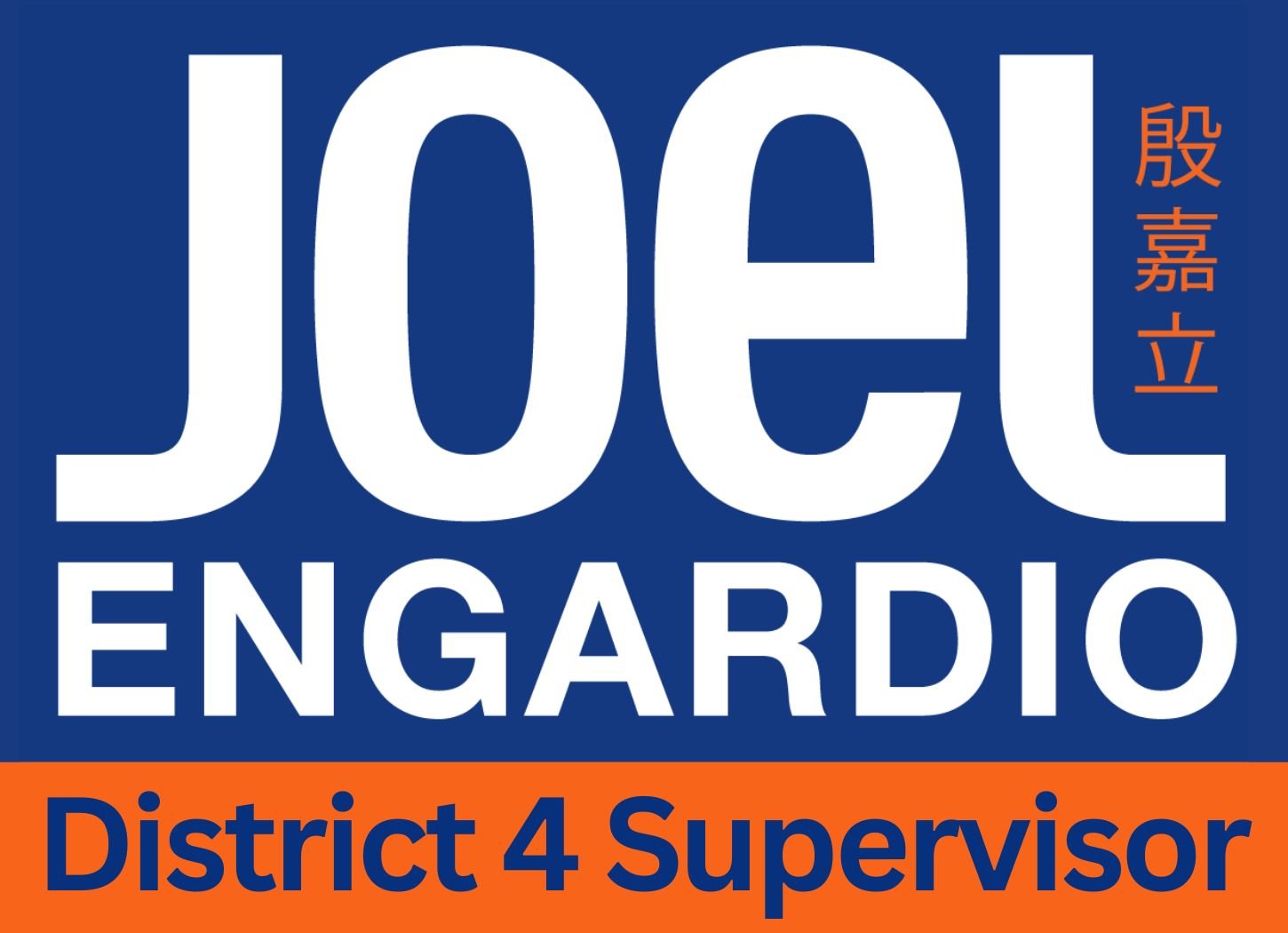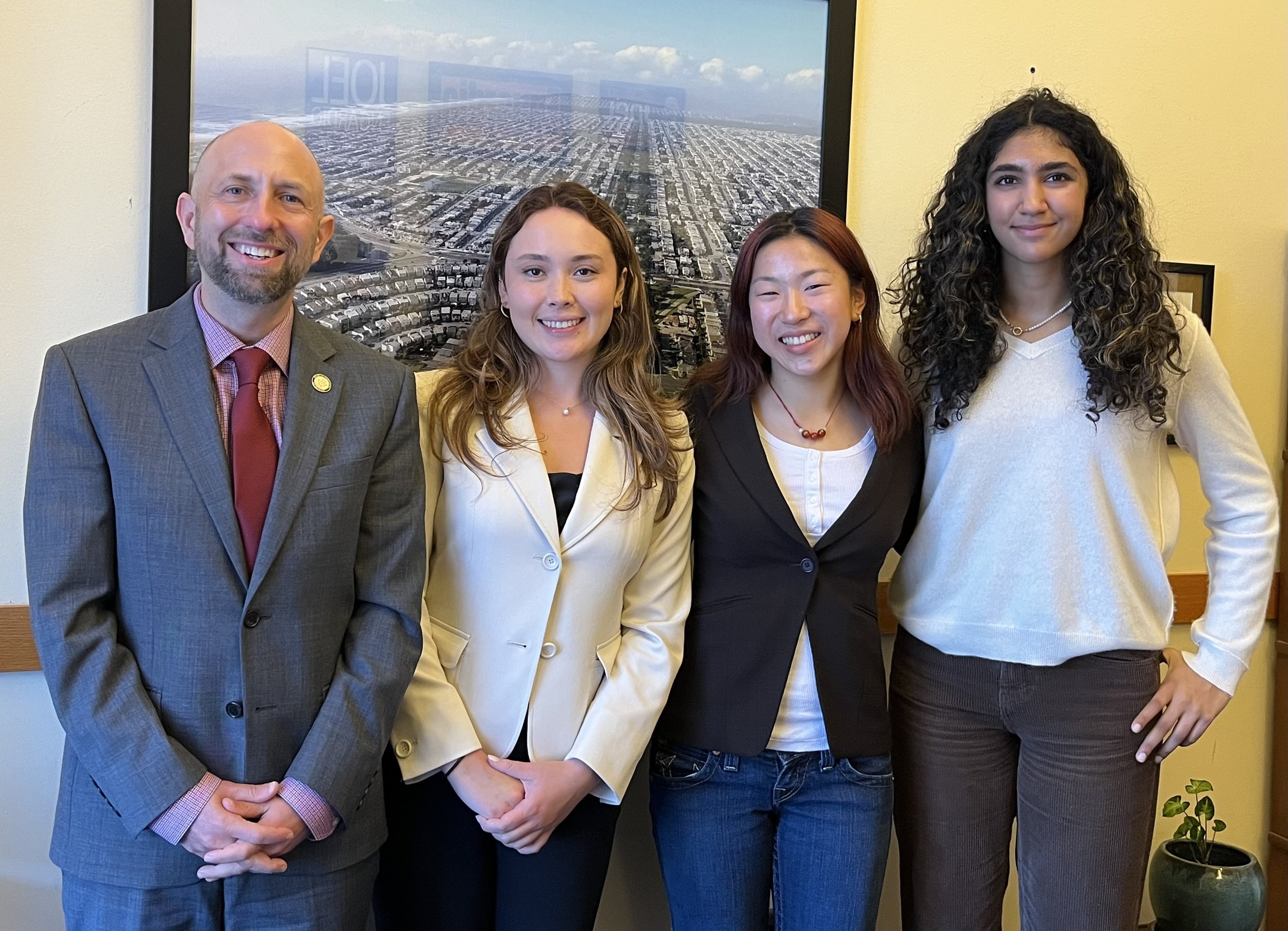Intern Voice: Kinnari Atluru on Flaws in the City’s Response to Homelessness
Student intern Kinnari Atluru
Intern Voice features student interns in Supervisor Joel Engardio’s office who researched issues and wrote OpEds for their final project.
By Kinnari Atluru
If you are a young adult growing up in San Francisco, you have probably been aware of homelessness your entire life. And that’s a crazy thing to say, that most young people have never experienced a San Francisco that has not been overwhelmed by a homelessness crisis. And if you feel like the city’s current response to homelessness has not been effective, you are not alone. A recent investigation into the Department of Homelessness and Supportive Housing (HSH) reveals inefficiencies in its practices that hinder its ability to effectively address homelessness.
In the report released by San Francisco’s Civil Grand Jury, “Hitting the Performance Bullseye: Contracting for Better Outcomes in Homelessness Services” numerous issues with HSH’s contracting practices with community-based organizations (CBOs) are highlighted. For context, as part of HSH’s mission to solve homelessness, HSH collaborates with many community-based organizations that provide services to the homeless population. This is done through contracts that provide these organizations with the resources and ability to serve the community.
However, the Grand Jury has found deficiencies in HSH’s contracting process, naming three main findings. In general, these findings show an overall lack of standardized monitoring and tracking of CBO contracts, which inhibits HSH’s ability to determine the effectiveness of the CBO programs.
The first issue is that CBOs inconsistently use specific results-based outcome measures for contracts, often using activity-based outcome measures instead. The inconsistent measurement impairs HSH’s ability to properly evaluate the success of the CBOs they contract with. By not solely focusing on outcomes, the city is possibly paying for resources that don’t lead to getting people housed or sheltered, which doesn’t help contribute to the overall goal of ending homelessness in San Francisco.
Their second finding is that there is insufficient on-site program monitoring which then limits HSH’s ability to assess CBOs and improve contract performance. This means that the city is trusting nonprofits to carry out their work without actually physically monitoring the program.
Lastly, the Civil Grand Jury found that the existing method for tracking homelessness progress, the City Performance Scorecard for Homelessness Benchmarking, does not accurately track progress towards reducing homelessness for specific subpopulations over time. This limits HSH’s ability to accurately assess and report its progress toward achieving its strategic goals for subpopulations. San Franciscans deserve to know how well HSH is utilizing public dollars to serve subpopulations like the chronically homeless. When HSH sets goals but does not have a mechanism to track its progress, city residents cannot hold the department accountable.
The Grand Jury then offers a series of recommendations that address these issues. It recommends that by the end of fiscal year 24, HSH should develop standardized contract performance outcomes that can be consistently applied to all homeless subgroups, especially the chronically homeless. It also recommends that HSH increase on-site program evaluation. Finally, it recommends that HSH amend the City Performance Scorecard for Homeless Benchmarking to provide regular reports on all homeless subgroups named in HSH’s strategic plan. By implementing these recommendations, the Grand Jury believes that HSH can improve the efficiency of its contracting practices and better its ability to assess the effectiveness of its work.
At the end of the day, it often feels like, as young people, there is nothing we can do to make an impact. But one important way to make a difference is by staying educated on what’s going on so that when we get older, we can vote and make a change. That includes staying up to date on issues like this. Our voices are essential, and when it comes to issues that our city faces, like homelessness, we have to know that we can and should be agents for change.
Kinnari Atluru is a rising senior at University High School and has lived in San Francisco her entire life. At school, she leads the Mental Health Coalition and the Women’s Equality and Rights Club. In college, she hopes to study political science and biology. In her free time, she likes to play volleyball, read, and solve crossword puzzles.
Read the OpEds by other interns in Supervisor Engardio’s office. Linda Ye writes about the potential efficacy of the Drug Market Agency Coordination Center. Veronica O’Brien makes a case for a Community Benefit District in the Sunset.
We had a talented class of interns this summer who worked in my City Hall office. Three assigned to my chief of staff focused on research. Their final project was to write an OpEd based on what they learned. One intern had completed her first year of college and the others were still in high school. Their focus, talent, and ability to engage in critical thinking gives me hope for the next generation. As the saying goes, “the kids are alright!”


